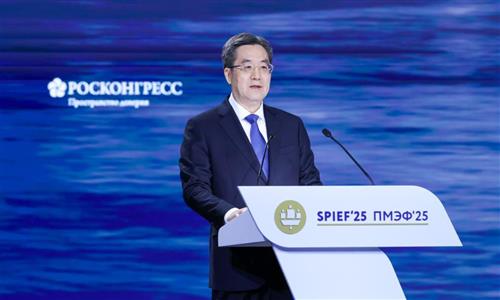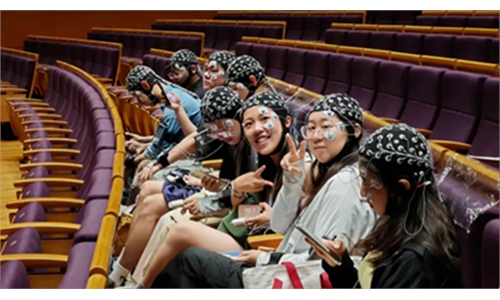If the dependent person you are caring for is not sleeping well, try out these ideas to help them.
MANY people dependent on permanent care have trouble sleeping, be it due to pain, sleep apnoea (frequent interruption of breathing during sleep), a repeated urge to urinate or something else.
As a result, they’re often dead tired the next day.
Among other things, this can increase their risk of falling, warns the Berlin-based Centre for Quality in Care (ZQP), a German non-profit foundation dedicated to improving longterm care of older care recipients.
If a care recipient suffers from chronic sleep deprivation, a doctor should be consulted.
Eliminating or alleviating the cause can help them to fall asleep more easily and sleep through the night.
There are also things that caregiving relatives can do.
Here are three:
1. Establish bedtime routines
A bedtime routine signals to the body that the day is over and it’s time to wind down and rest.
There are many different possibilities.
For some people it helps to read a few pages of a book.
Others prefer listening to relaxing music.
Since having cold feet is hardly conducive to sleeping well, taking a warm footbath before going to bed could be beneficial.
Or you could put on a pair of thick, warm socks before going to bed.
Part of the routine could be drinking a cup of calming tea, such as lemon balm, lavender, passionflower or hop, suggests the ZQP.
Better it be a smallish cup though, as drinking a large mug can result in an inconvenient need to urinate in the middle of the night.
2. Create a pleasant sleep environment
A noisy nearby street or bright TV standby light can interfere with sleep.
So care recipients and their caregivers should consider ways to improve the sleep environment.
Even minor adjustments can make a big difference, e.g. wearing earplugs to block out noise or a sleep mask to block out light.
It’s also important to ventilate the room in the evening to remove stale air.
A pleasant sleep environment also includes things that caregiving relatives might not think of right away.
If the care recipient suffers from urinary incontinence, for instance, a super-absorbent bed protector pad can provide more comfort.
3. Promote a normal day-night rhythm
The circadian rhythm, or “internal clock”, of dementia patients can become disrupted, causing them to feel sleepy during the day and restless at night.
This increases the risk of sleep problems, of course.
What’s more, it’s not uncommon that they want to eat at night.
The ZQP advises that caregivers meet these special needs as much as possible, but emphasises the importance of promoting a normal sleep-wake cycle by increasing morning light exposure and decreasing evening light exposure.
Light morning exercises in bed can help patients become alert, and their pyjamas shouldn’t be laid out until evening.
Complete darkness can unsettle dementia patients, however, the ZQP points out, so the room they sleep in shouldn’t be fully darkened.
A nightlight can help, as well as provide orientation in the dark. – dpa












